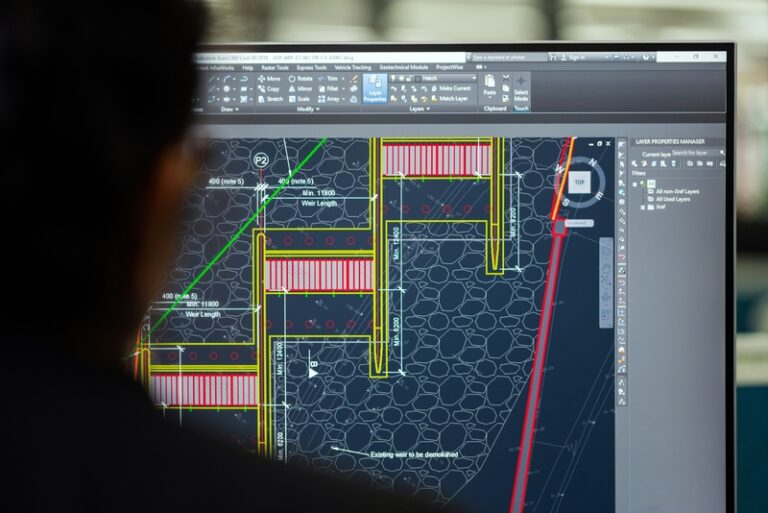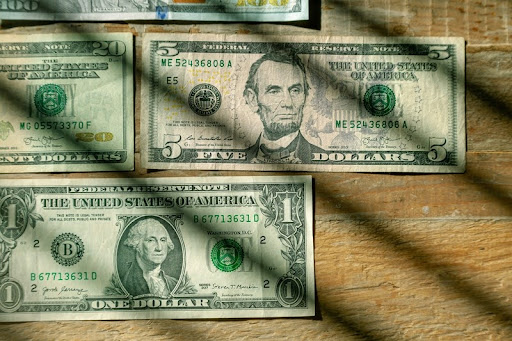
The Stars and Stripes rise with the skyline—a quiet salute above the city streets.
Big business tends to get a mixed reputation. For some, it brings up thoughts of corporate greed and monopolies. For others, it’s all about efficiency and innovation. But when we zoom out and look at the bigger picture, especially from an economic angle, there’s a strong case to be made: the rise of big business was actually a big win for the U.S. economy.
So, what made the expansion of massive companies such a good thing? Let’s break it down.
Jobs, Jobs, and More Jobs
Let’s start with something we all care about: jobs. When big businesses started to take off, especially during the industrial boom, they didn’t just grow; they hired. A lot.
We’re talking about factories running around the clock, offices expanding into new cities, and a workforce that needs to grow just to keep up. That meant more opportunities for more people. Whether someone was just entering the job market or looking to switch careers, big businesses offered a ton of options.
And it wasn’t just about quantity. Over time, as companies expanded, so did the types of roles available. There was a greater demand for both skilled and unskilled labor. You didn’t need a degree to get a job, but if you had one, there were paths for growth, too.
The result? A rise in employment levels, better income opportunities, and eventually, improved living standards for many families.
Innovation on Overdrive
Think about how fast things changed in the U.S. during the height of industrial growth. New products, new machines, and new ways of doing things seemed to pop up constantly. Big businesses had the resources to fuel this kind of rapid progress.
They could pour money into research and development, invest in better equipment, and train workers to use new tech. Small businesses didn’t always have the capital to do that, but big companies? They went all in.
This constant drive to do things faster, better, and cheaper didn’t just help the companies themselves; it pushed the entire economy forward. It helped the U.S. become a leader in industry and innovation, paving the way for future growth.
And let’s be honest: isn’t it kind of amazing how much progress came out of that era?
Building the Backbone of the Country
Ever wonder how the U.S. ended up with such a massive, connected infrastructure? Well, big business had a lot to do with it.
As these companies expanded, they needed better ways to move products, communicate, and stay organized. So, they invested in roads, railways, telegraph lines, and eventually telephone systems. It wasn’t just about getting goods from point A to point B, it was about building a system that kept everything moving.
This didn’t just benefit the companies. It helped everyone. Farmers could ship their crops farther. People could travel more easily. Towns and cities grew up around business hubs, fueling even more growth.
Basically, big business helped connect the dots across the country, and once things were connected, there was no going back.
A Financial Ripple Effect
Here’s something that doesn’t always get enough credit: big businesses weren’t just earning money. They were reinvesting it. Into people. Into tools. Into ideas.
That kind of investment created a ripple effect. When a major company set up shop in a town, it didn’t just bring jobs at the factory or office. It brought opportunities for other businesses, too. Local stores, service providers, and even schools saw a boost.
And with more money flowing through communities, banks had more to lend, people had more to spend, and the economy kept chugging along.
Capital didn’t just sit still. It moved, and in moving, it helped lift entire regions.
Helping the Government Help Us
Let’s talk taxes. Not the most exciting topic, but stay with me.
When big businesses succeed, they pay more in taxes. That’s money that goes straight into public services, think roads, schools, emergency services, and more. A thriving corporate sector means a stronger tax base, and that benefits everyone.
Plus, as companies grew, the government found itself more involved in regulating and managing the economy. That relationship wasn’t always smooth, but it did lead to new laws, protections, and systems that helped keep things stable.
So in a way, big business didn’t just power the economy. It helped shape the way the economy was governed.
So, Was It All Perfect?
Of course not. There were growing pains. Labor disputes, inequality, and concerns about monopolies all came with the territory. But even with those challenges, the bigger picture is pretty clear: big business gave the U.S. economy a serious boost.
It created jobs, encouraged innovation, built infrastructure, spread wealth, and supported the government. That’s a lot of impact from companies that started out in small shops, garages, and factories.
Final Thoughts: Why It Still Matters
We live in a world today where “big business” is often seen as a bad word. But understanding how these companies shaped the U.S. economy helps us see the other side of the story.
It reminds us that scale can bring stability. That growth can lead to opportunity. And that, when managed well, big business can be a powerful force for good.
So next time you hear someone talk about the downside of corporate growth, maybe ask this: What would the economy look like without it?






